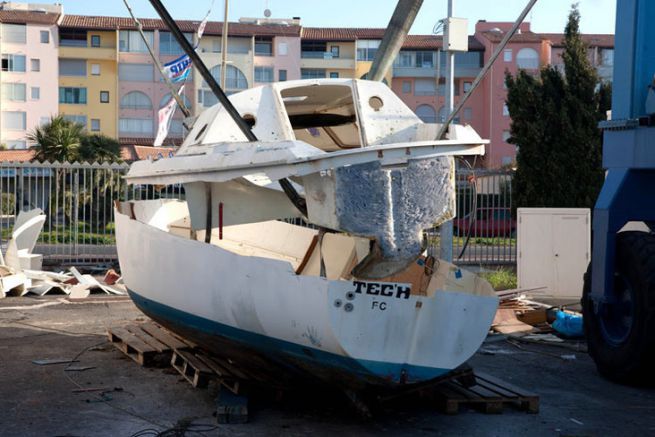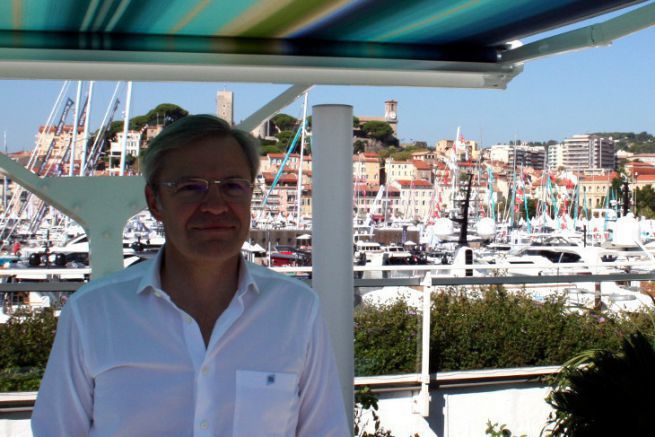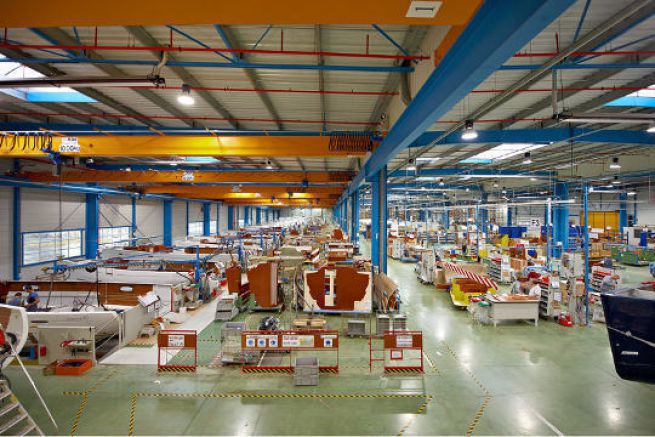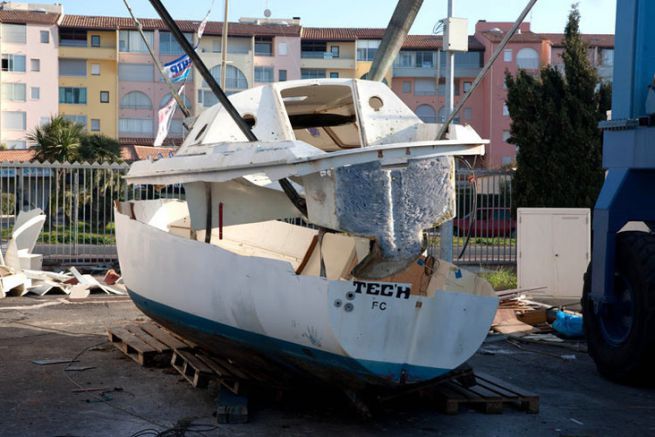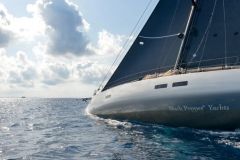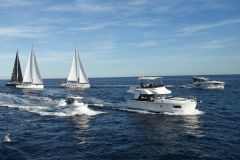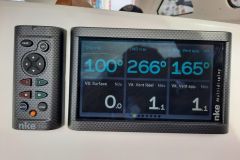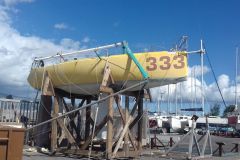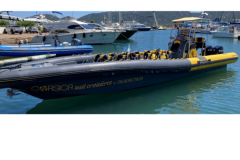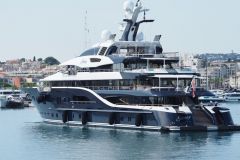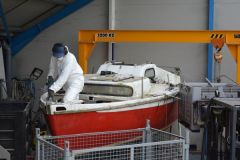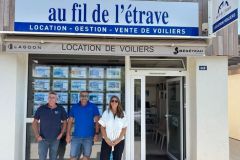On the occasion of his back-to-school conference, Hervé Gastinel, President of the Bénéteau Group, gave an exclusive interview to BoatIndustry. In this third part, he gives his analysis on the evolution of the world nautical sector, between industrial concentration and respect for the environment.
There have been many takeovers and mergers in the marine industry in Europe and the United States, whether of shipyards, marine engine manufacturers or equipment suppliers. We have seen BRP buy boat brands, Yanmar enter the rental business, and Fountaine-Pajot take over Dufour sailboats. What is your analysis of this movement?
There is definitely an acceleration of the phenomenon of concentration in the yachting industry. We're looking at what's happening everywhere, including in the United States with Malibu Yachts. We can see that things are also moving with the engine manufacturers, who are rebalancing their product plans. Marine Max, for example, is developing more and more upstream. Yamaha should also make some announcements. We can see that there is no single model. The Bénéteau Group's model is still to focus on the 15 to 100-foot boat matrix and all the services. Upstream is not our project.
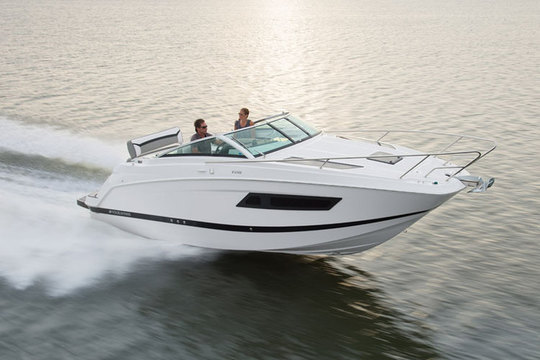
The trade war launched by the United States is another element of the international context. What impact has it had on the Bénéteau Group to date?
In general, it seems that things are calming down after a period of panic. There was no major impact at the group level. We estimate that it will have cost us about 4 to 5 Meuros over the 2017/2018 fiscal year. The situation with Mexico has been resolved.
Canada, the largest market for our American brands, affected by a 10% tax, is in the process of reaching an agreement. As for the European Union, it seems that an agreement is also being negotiated. This brings us back to the need for the Bénéteau Group to desensitize itself to the threat of trade wars by transferring boat manufacturing as close as possible to the consumer areas.
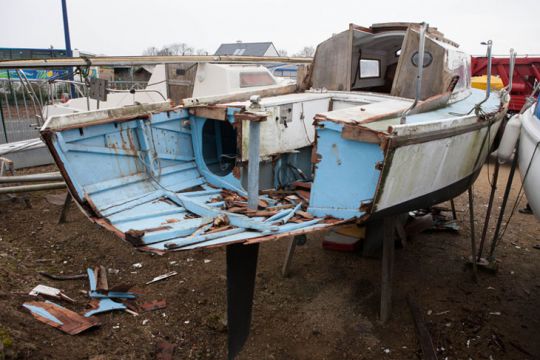
End-of-life boats are a challenge for the industry. What is the Bénéteau Group's position on the subject? What role can dealers play?
We got involved very early on. There is a collective delay in the nautical sector on environmental issues. It starts from scratch. We apply the ISO 14001 standards for the environment and in particular styrene emissions and ISO 50001 for energy management. There is a big challenge to get out of the vacuum boats.
We still need to clarify resources and regulatory issues. There is a tripartite discussion to be had with dealers and customers. We have seen the example of scrapping incentives in the automobile industry. This also involves eco-design, with the dismantling of parts being considered from the outset. This is an approach in which the group is involved.

 /
/ 